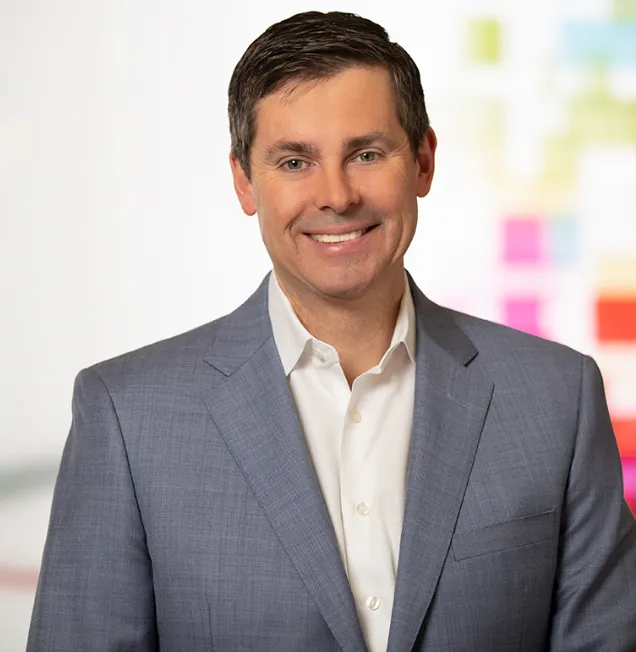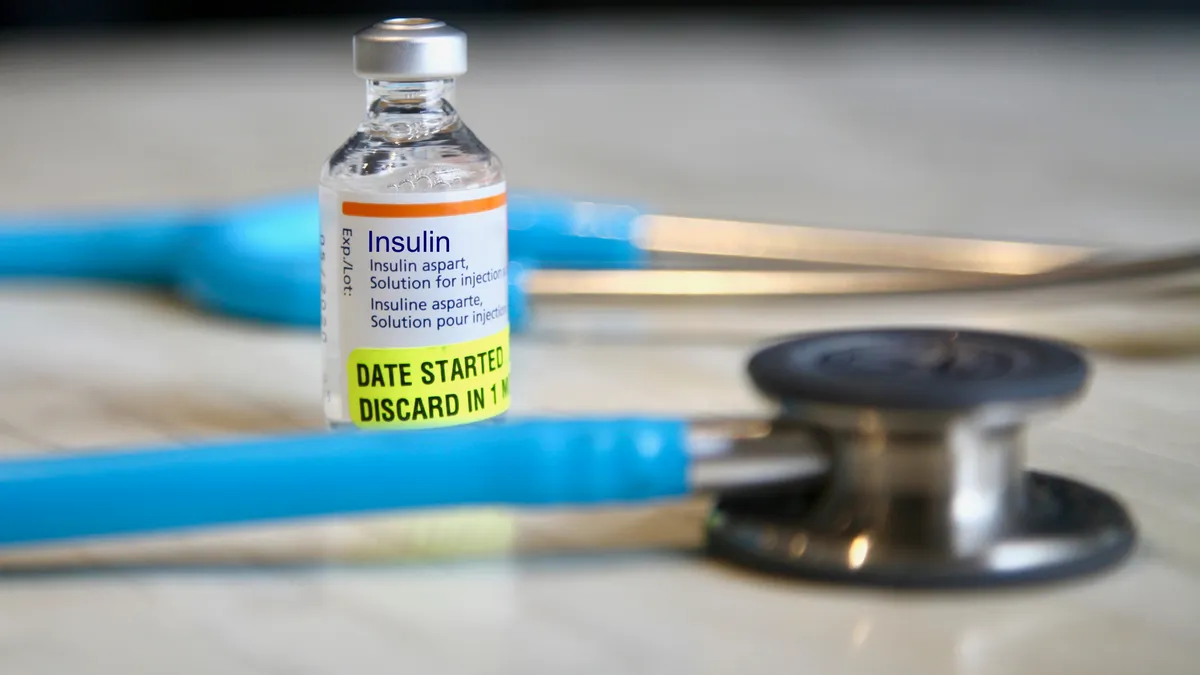Eli Lilly knew it was coming. We all did. And what better way to dodge an inevitability than to face it head on?

The regulatory crackdown on the way pharmaceutical companies set their drug prices has been argued for a while, but it's clear the hammer will fall soon — and Lilly decided to make a move first before someone else made them do it.
The pharma giant, which is one of only a few insulin makers, said at the beginning of the month that it would cap out-of-pocket costs at $35 a month — a level the government has floated to staunch the high prices that some patients pay. Historically, Lilly has raised the price of Humalog by more than 1,000% over 30 years.
The move by Lilly leadership followed last month's State of the Union speech in which President Biden took the industry to task for "unfairly charging" people and "making record profits."
Lilly CEO David Ricks announced the 70% price cut, which will be phased in over the course of the year, and the immediate price cap, saying it was a culmination of seven years of efforts to reduce drug prices.
"With the change last year to Medicare Part D … senior benefit to $35 — we think that should be the new standard in America," Ricks said in an interview with CNN's Don Lemon.
The time is ripe
The price cut follows decades of pressure for more affordable insulin. The Inflation Reduction Act gave Medicare patients the $35 cap at the beginning of the year, but that was only for beneficiaries of that program.
"We could wait for Congress to act or the healthcare system in general to apply that standard — we're just applying it ourselves," Ricks told CNN.
Lilly is innovating insulin to become more convenient for patients to administer, including weekly doses as opposed to daily ones. The company is also bringing more pills to the table as opposed to the injections most people are required to take. It’s also working with a company in Africa to deliver insulin products to people with diabetes that can't access the drug elsewhere.
The company does receive some benefits from cutting prices. After raising prices for years, they were due to run into fines from Medicaid of about $150 per vial of insulin in 2024, which they will now avoid.
Lawmakers in the federal government and in some of the biggest states have been calling for such an action for years. Reputations of the biggest pharmas have waned as high costs have forced some people to ration their medicine despite health consequences.
It’s unclear how the rest of the industry will handle questions over price, but the actions taken by Lilly put pressure on its main competitors, Denmark's Novo Nordisk and France's Sanofi. These companies haven’t committed yet to following Lilly’s lead.
But beyond these drugmakers, watchmen are also turning their eyes toward pharmacy benefit managers who control the price that payers face through formularies and rebates.
Lilly's Humalog revenue in 2022 reached more than $2 billion, though it fell 16% from the year before. Trulicity is the pharma giant's bread and butter now with almost $7.5 billion in revenue last year, up 15% from 2021 — the newer insulin controls blood sugar and has also been shown to improve weight loss.













